In the long run we are all dead.
— John Maynard Keynes
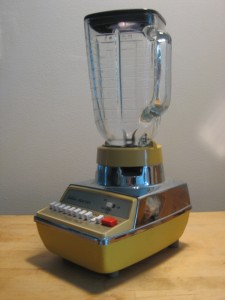
So I have this blender that my parents bought in 1981. It’s mustard yellow in color and weighs quite a bit. It’s as solid like a tank and works like a charm. It’s also out-lived every blender my parents have had since. They regret their decision a few years ago to let me have it.
I guess what I’m saying is that they don’t make things like they used to. And there’s good reason, too. If your products last forever, you don’t get to sell very many of them because you don’t get any repeat business.
This puts manufacturers and consumers at odds with one another. Consumers want to get the most out of their purchases. They want the best that their money can buy, and are better off when they don’t have to replace something.
But if manufacturers make products as efficient and price-competitive as they can, they won’t get any repeat business.They’ll compete themselves out of business.
So it’s in both parties’ interests to do business, but doing business puts them at odds. This is why capitalism isn’t perfect.
Of course, perishable products do benefit consumers by creating jobs. The more jobs there are, the more wealth there is to go around, the more the economy grows.
In fact, consumerism is the only way we’ve devised to prop-up perpetual economic growth. When everything is disposable, everything needs replacing, and when everything needs replacing, there are more jobs, and the more jobs there are, the more consumers there are to buy disposable goods.
When everything is disposable, everyone keeps consuming. That’s why they call in consumerism.
But consumerism is also killing the only planet we have. It’s devouring natural resources and producing unprecedented levels of waste at an ever accelerating rate. If we’re not really careful, it’s going to consume us.
It’s the tragic irony of the common good: our short-term survival conflicts with our long-terms survival.
But what if we changed our idea of material wealth?
What if we consumed less, but each bite was worth more? What if things were built to last and it was relfected in their price? What if we produced less, but all our purchases still added up to the same thing? Could we still all afford the creature comforts that we’re unwilling to give up? Would there still be enough wealth to go around?



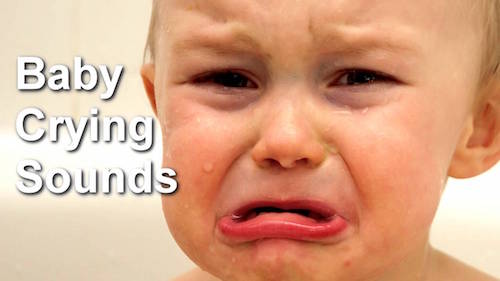
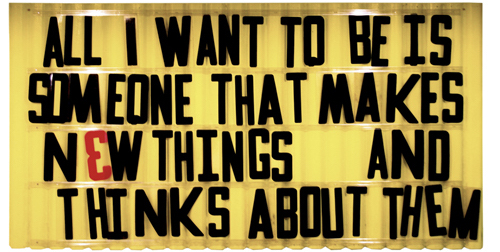

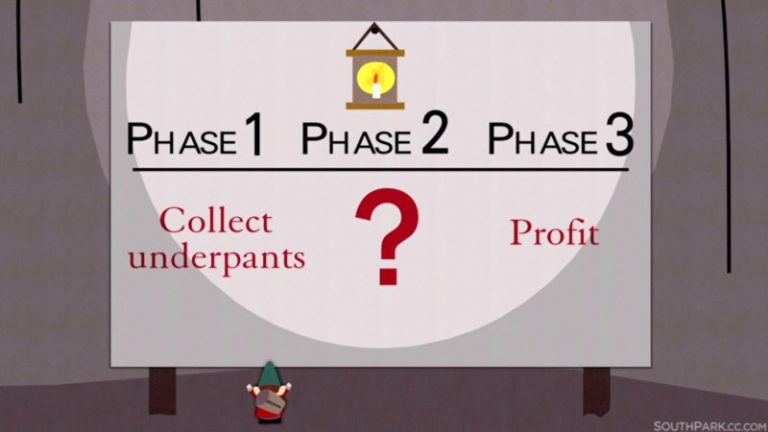
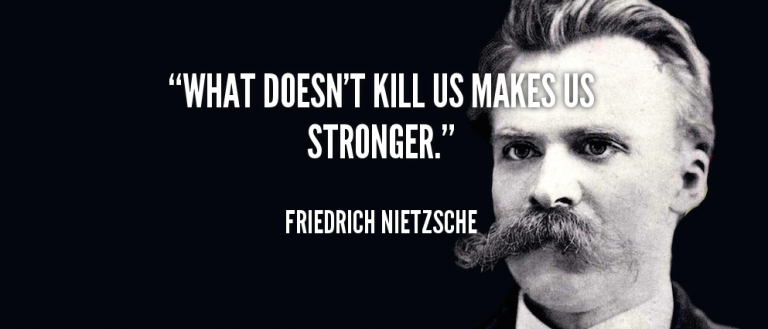
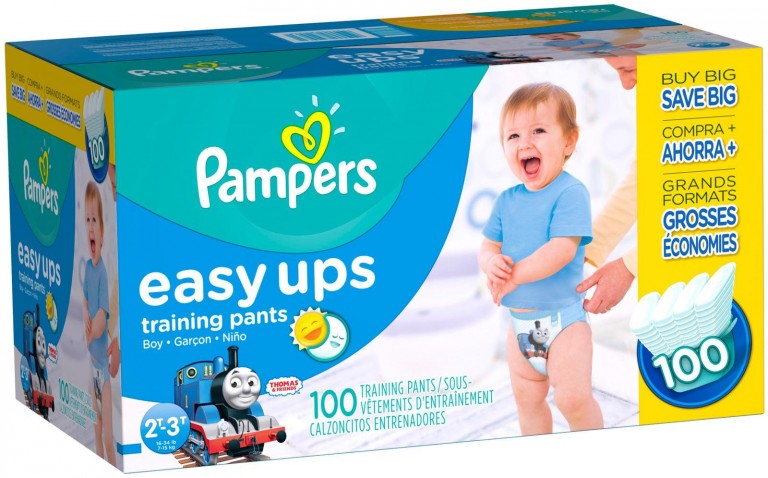
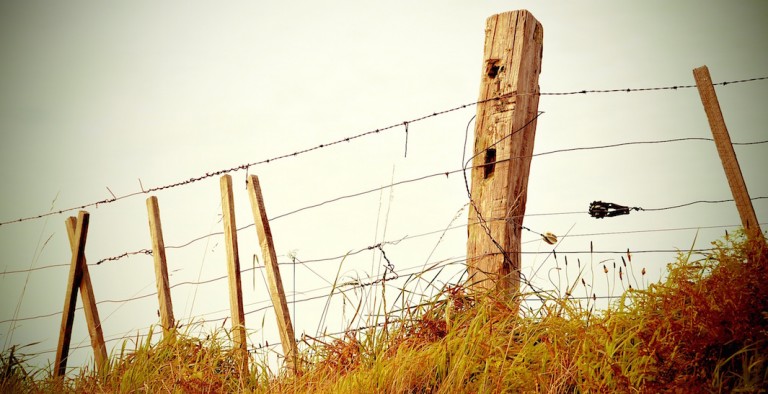
My Mom had one of those blenders too, but I digress.
This was a conversation that started at OpenLab a couple of years back – capitalism vs. consumerism. Of course due to the venue, we were talking about mobile devices, not blenders, but there are similarities.
There will always be new customers – CT leaves the nest and needs his own blender. Items break, are stolen, etc. Needs change – so do you need a new blender altogether, or perhaps a new carafe or some other attachment? Do you need to make zillions of blenders, and due to the price point have to have them made in China, or do you make thousands and have them made in Ohio so the US Midwest and eastern Canadian markets are well-served?
Think about all of the dead technology we have. My E70 sits in a drawer next to a couple of other “backup” mobile devices I don’t use as my E72 rocks on. But the E72’s eventual replacement will probably not be able to leverage any of the parts of the E72 – including the battery most likely. Thus, more “stuff” is needed to take advantage of “innovation” – this is usually the case, but why should it have to be? Or even “advancement” – my storage room is overflowing with toys my little girl has outgrown due to the advancement of her little brain!
There’s a balance out there that can be struck. Maybe tangible products need some form of API?
mp/m
http://en.wikipedia.org/wiki/Planned_obsolescence
Planned Obsolescence makes me angry, and it’s partially why I like to tinker around with my old Chevy, back when engines were over-built and under-stressed.
I think trends are slowly swinging back to how they used to be, people are getting frustrated at seeing things break and wear out easily, and voting with their money on things that are built to last.
A fine medium may be reached as we progress in the knowledge of material sciences, as sometimes you don’t need everything to be built out of titanium.
that blender should be mine. i make soup. ;)
every time i throw a way a non-biodegradable granola bar wrapper, or donate a stretched out t-shirt to goodwill, my heart weeps a little bit. everything is throw away and i can’t believe i’m force to participate in it by merely existing western society.